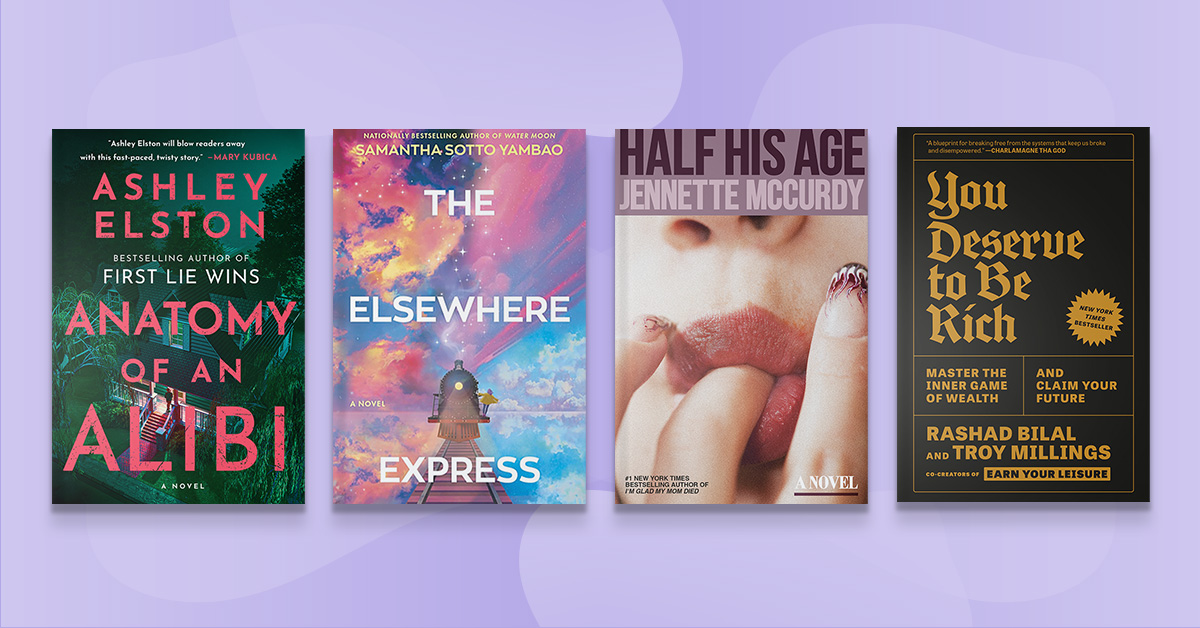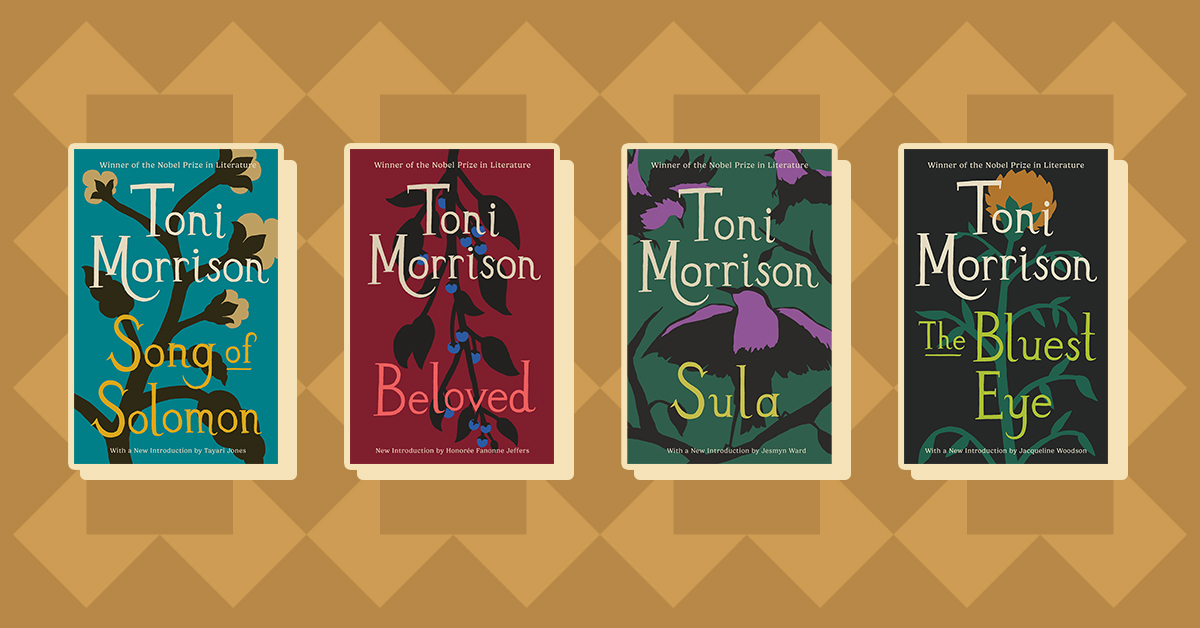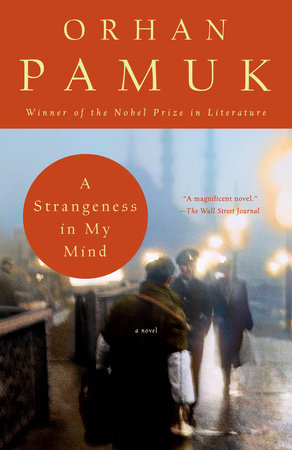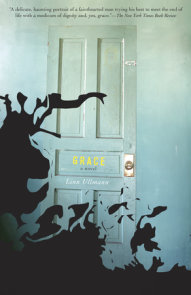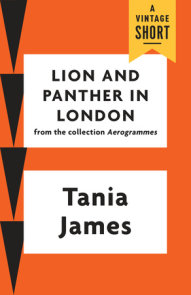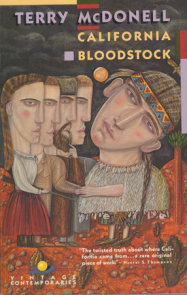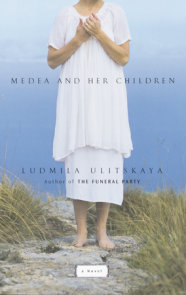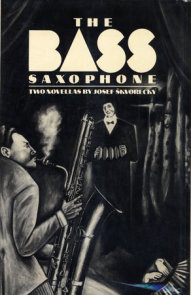READERS GUIDE
The introduction, author biography, discussion questions, and suggested reading that follow are designed to enhance your group’s discussion of A Strangeness in My Mind, a captivating and thought-provoking novel by Nobel Prize̵–winning author Orhan Pamuk.Introduction
Arriving in Istanbul as a boy, Mevlut Karataş is enthralled by both the old city that is disappearing and the new one that is fast being built. He becomes a street vendor, like his father, hoping to strike it rich, but luck never seems to be on Mevlut’s side. He spends three years writing love letters to a girl he has seen just once, only to elope by mistake with her sister. Although he grows to cherish his wife and the family they have together, Mevlut stumbles toward middle age as everyone around him seems to be reaping the benefits of a rapidly modernizing Turkey. Told through the eyes of a diverse cast of characters, in A Strangeness in My Mind Nobel-prize-winning author Orhan Pamuk paints a brilliant tableau of life among the newcomers who have changed the face of Istanbul over the past fifty years.Questions and Topics for Discussion
1. Evaluate the title of the book. Where does the title come from and what is the strangeness that Mevlut believes is in his mind? Is Mevlut really as different from the others as he feels he is? What causes him to feel this way? Does he ever overcome this feeling?
2. Who narrates the story and how many points of view are represented? Why do you think that the author chose to incorporate these particular characters as narrators? Are the narrators reliable? If so, how do you know this? If you feel that they are not, why do you feel that they might not be so reliable? How do the narrators contribute collectively to the telling of the story as a whole and to a dialogue about the major themes of the book? How do you think that your interpretation of or reaction to the story would differ if the author had employed a single narrator? Do you feel that the use of multiple narrators was an effective choice? Explain.
3. What are some of the lessons that Mustafa teaches or hopes to teach his son Mevlut? For instance, why does Mustafa tell Mevlut that the neighboring hill has no electricity? What does he tell his son about compromise? What other lessons does Mevlut learn from his father either directly or indirectly?
4. What makes Melvut feel that everything in the universe is connected? Where do readers find examples of interconnectedness evidenced in the book? What role does memory seem to play when it comes to the theme of interconnectedness? Would you say that things are really interconnected or do we connect them via memory and recollection?
5. What does Mevlut learn in the army? What does he claim to understand after his time in the army that he did not know before his military service? How does he define being a man? Does his view of manhood seem to change or evolve over the course of the story? Explain.
6. Consider the portrayal of women in the novel. What do the various female characters share in common? How do the men in the story treat them? How do they treat each other? What common obstacles do they face and how does each come to terms with these obstacles? How is life different for the younger generation of women featured in the story?
7. According to Abdurrahman Efendi, what does a man live for? What does Süleyman claim that a man really lives for? Do you agree with either? Why or why not? How does Abdurrahman react to Süleyman’s suggestion of what men really live for? Does the story ultimately confirm who is correct in this matter?
8. What causes divisions, conflict, or tension between the characters in the story? Do these issues seem to be resolvable or avoidable? If so, how? How do the characters respond to the cultural and personal conflicts they face? What seems to be the most effective way to handle conflict?
9. Why do you believe that Mevlut elopes with Rayiha even though his letters were intended for her sister Samiha? Is he ultimately happy with his choice? Do you feel that he made the right decision in marrying Rayiha? Why or why not? Why does he say at some points that he wrote the letters for Rayiha?
10. Would you say that Mevlut has good fortune? Why or why not? How is good fortune defined within the book? What seems to determine good fortune? Who among the other characters would you say has good fortune? What is kismet and what role, if any, does it play in the life of Melvut and the other characters? Discuss some examples.
11. Consider the theme of faith in the novel. Why does Mevlut talk to the Holy Guide? What does the guide teach him? What role does faith or prayer play in Mevlut’s life? Likewise, what role does religion play in the lives of the other characters in the novel?
12. How does the city of Istanbul change over the course of Mevlut’s life? How does Mevlutreact to these changes? Do the changes taking place seem primarily positive? What does the book ultimately indicate about progress and tradition? Are the two at odds or is there room for both?
13. Evaluate the depiction of politics in the novel. Why do some of the characters advise Mevlut to stay out of politics and not to discuss it? Do you agree with them that this is the best choice? Does Mevlut comply? Why do you think this is so? How do some of the other characters get involved in politics and how does this choice affect their lives?
14. Consider the depiction of marriage customs in the book. Why do you think that so many of the characters elope? What other traditions or customs are described? Does the book suggest what makes a marriage good or successful? Would you say that any of the characters has a good or successful marriage? Why or why not? What does the novel offer on the subject of love?
15. Would you say that the characters are primarily ethical? What moral or ethical dilemmas are they faced with and how do they handle these situations? What are the motivating factors in their decision-making process?
16. Why does Mevlut decide to sell boza? What does he believe that boza represents? How would you characterize his relationship with his customers? How do his career and his relationship with customers change over the years? Why does Mevlut think that boza is holy?
17. Consider the theme of truth—or dishonesty—in the novel. What are some of the lies that are told by the characters? Why do the characters tell these lies? Do they ultimately come clean? Do any of the characters stand out from the others in their commitment to truthfulness?
18. What do the narrators have to say about public views versus private views? Are public and private views necessarily the same? If not, why do they differ? What prevents the characters from sharing their private views in public?
19. Why does Samiha tell Mevlut that she knew from the beginning that the love letters were meant for her and not for her sister
Rayiha? What effect does this have on Mevlut? What does this detail reveal about the relationship between the two?
20. According to the Holy Guide, what two forms do intentions come in? What is the difference between the two forms? Does the book ever resolve the issue of whether intention matters as much or more than a person’s actions? Explain.
21. Evaluate the conclusion of the book. What is the truth that Melvut realizes he has known all along? What message does Mevlut say he wants to tell the city of Istanbul? What has allowed him to come to this understanding?

